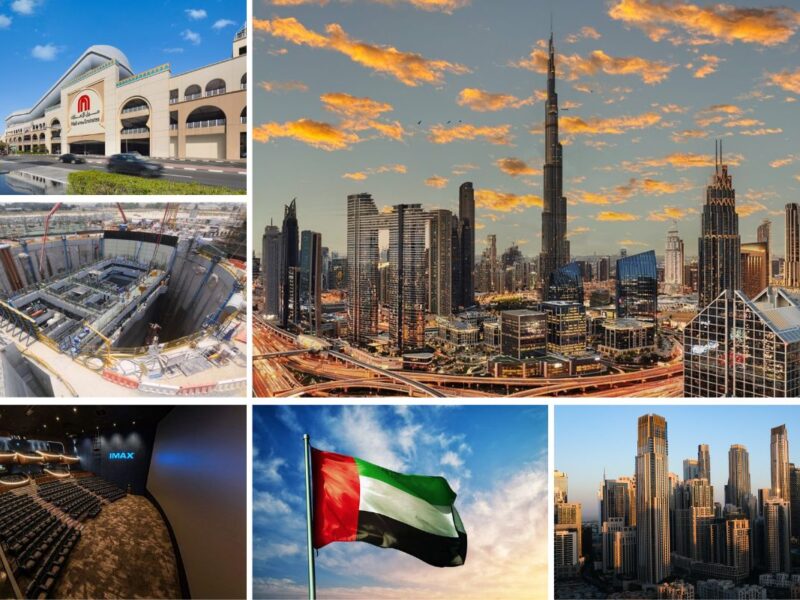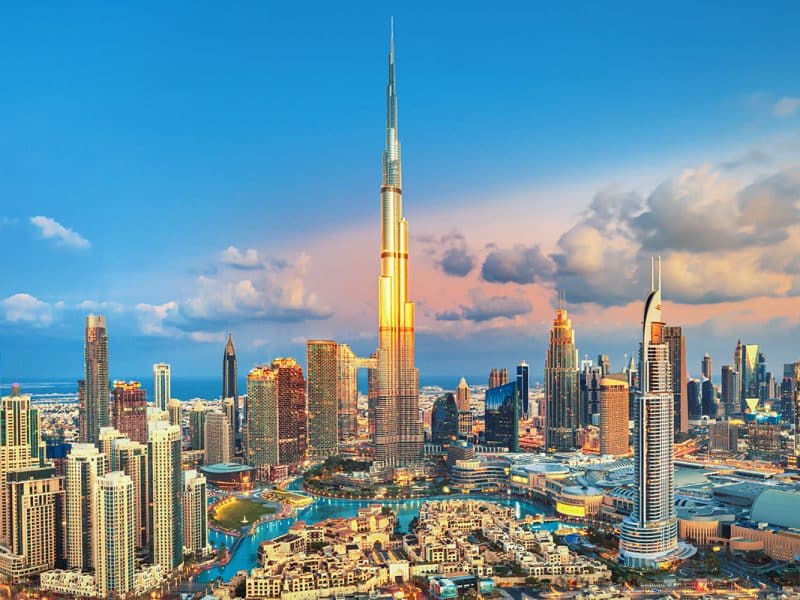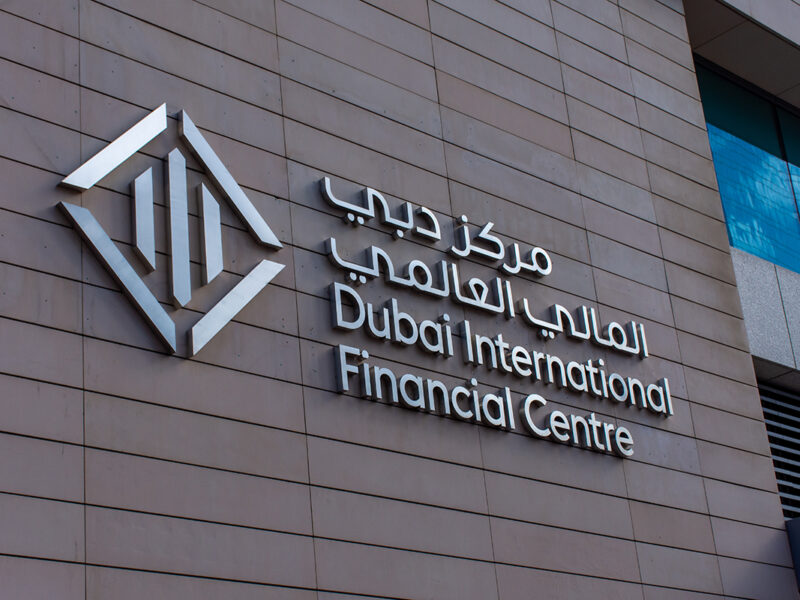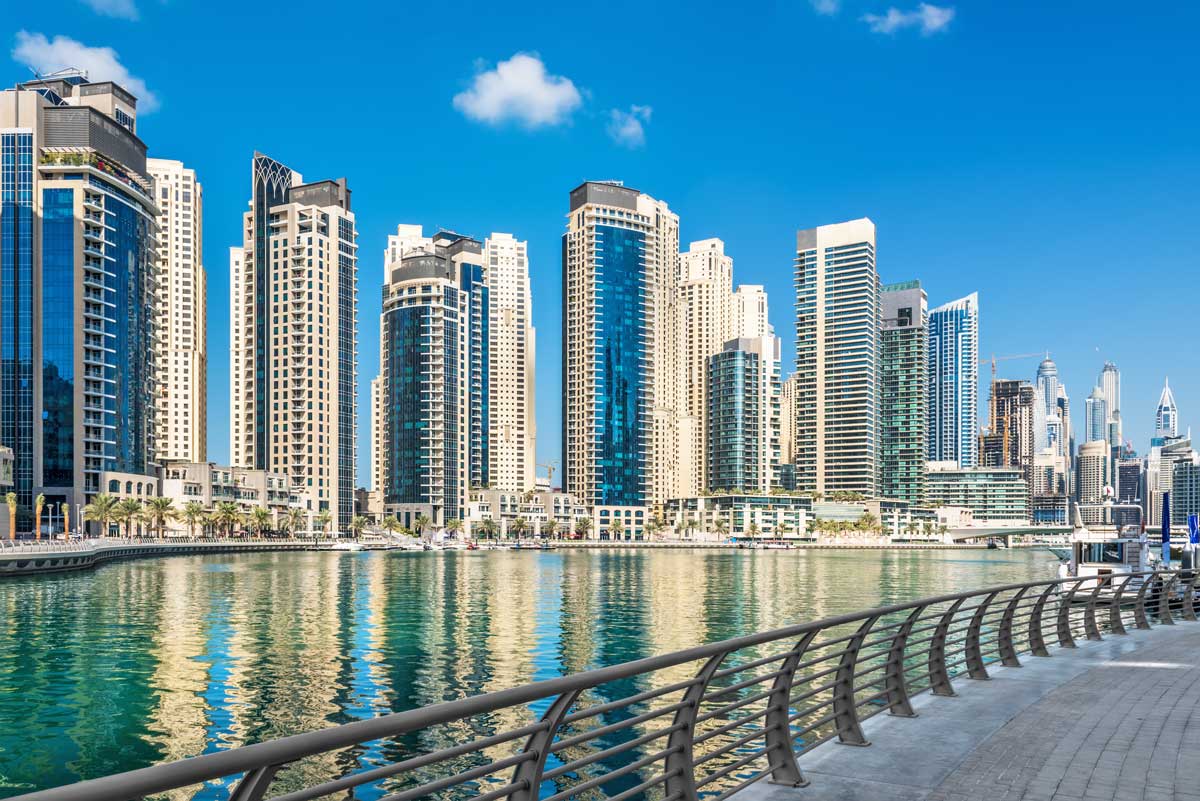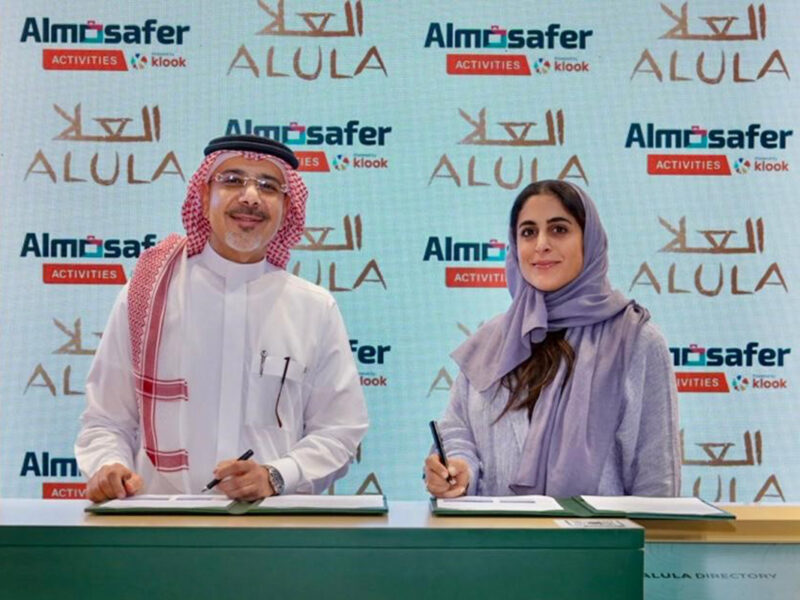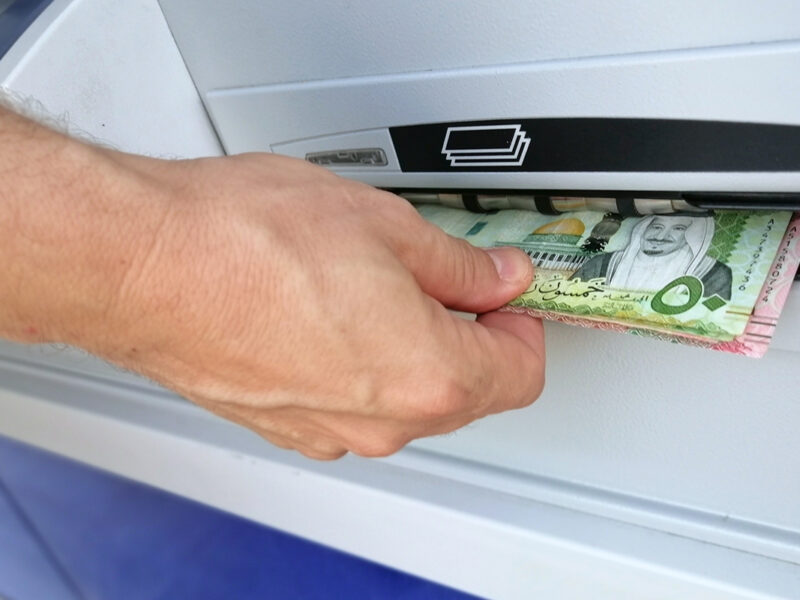As the green agenda and sustainability continue to dominate the corporate conversation, the UAE’s real estate developers are looking at how they can make their properties more environmentally-friendly.
And while there are some in the real estate industry who argue that sustainable construction is pricey, and therefore not viable, CEO of Fakhruddin Properties Yousuf Fakhruddin believes there is no better time to develop green real estate.
“There’s a growing awareness among developers that environmental sustainability is an important consideration in the design process, and that the advantages of green construction are not only progressive and far-reaching but also actively contribute to combating climate change and fostering economic growth,” said Fakhruddin.
“However, while there is a lot of focus on green practices and sustainability programmes are now being implemented in a variety of ways, it is still a work in progress. The initiatives, encouragement, subsidies, and of course, the emergence of innovative solutions makes this time very ripe for developers to make the transformation towards building a better world.
“The UAE is home to some of the world’s most sustainable mega-projects and Expo 2020 was a watershed moment for technology integration and idea exchange, which will lead to an acceleration in technological progress in the future,” he continued.
In a wide-reaching exclusive interview with Arabian Business. Fakhruddin outlined the latest sustainable construction trends, explaining how they make financial sense in the long term.
How are developers adapting the green agenda in their real estate projects?
There are a number of possible solutions that may be implemented in the built environment to save energy, reduce waste, and improve living conditions while being sustainable and cost-effective long term for both developers and residents.
There are an increasing variety of sustainable solutions that are both fantastic and feasible which include indoor air quality management, air to water technology that can generate clean drinking water from humidity and integration of intelligent water conservation and monitoring technology in buildings.

Other solutions also include home automation solutions that can substantially reduce energy consumption and smart building management systems that work across all these aspects to reduce emissions on a bigger scale and even energy-efficient glass and paints.
Looking forward, it is impossible to deny that a long and difficult path lies ahead for developers to make sustainability a reality across the world. However, with our esteemed leadership’s efforts, our government’s commitment and the developers’ dedication to finding more cost-effective solutions, we are confident that we can achieve our national climate and energy objectives while also establishing a more sustainable future for all of us.
How sustainable are these green solutions for developers, given the rental increases the UAE has been seeing of late?
New technologies not only provide sustainable and innovative solutions but also consider the operational, durability and maintenance aspects to deliver a feasible product that is sustainable for the developers and the stakeholders.
From an occupant’s perspective, many individuals may be reluctant to spend more on something that may help the world in the future when they can save money today by moving into conventional, often unsustainably built places. Therefore, the responsibility for finding, integrating, and affording long-term answers lies with the developers since they can do so at a much larger (and cheaper) scale than any single resident alone.
Developers now have a golden opportunity to do the right thing for the environment without breaking the bank because of the UAE’s focus on sustainability. It is not hard to integrate and combine a variety of these long-term solutions, and more importantly, it is inexpensive if thought through properly.
It’s important for every structure to recycle its own water and it’s critical that they do so as soon on as possible. Circular water management techniques save tenants money on their water expenses while also optimising use and recycling. Every new construction project should have one of these affordable and efficient decentralised water recycling systems.
Paint and glass that are more energy-efficient also help to decrease operational costs by lowering the need for repair and repainting. Smart lighting systems, on the other hand, allow lights to be switched off when they are not in use, and occupancy and motion sensors may learn when specific rooms are empty to turn off or dim lights accordingly.
Additionally, Building Management Systems enable advanced automation capabilities that optimise assets, so they run more efficiently and require less maintenance. This translates into significant yearly cost savings over the building’s lifetime.

